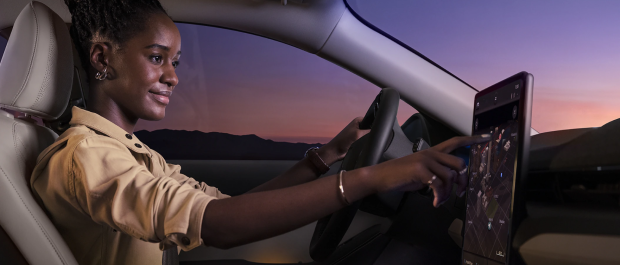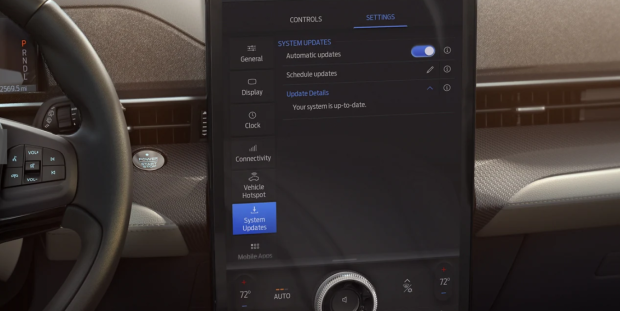Ford recently announced the opening of its Ford Atlanta Research and Innovation Center (FARIC) facility to develop digital transformation in the auto industry. The new office is located in Atlanta, Georgia, and also serves as a recruiting tool for developers in the local area.

Ford says it is currently undergoing the "most profound transformation" in the company's history, so preparing for future demands in tech-focused vehicles is extremely important.
As said by Jim Buczkowski, executive director for Ford Research, Advanced Engineering, in a statement:
"Ford is transitioning from a traditional automotive company to a digital products and services company driven by software innovation. There's a high demand for tech talent across industries, and we have an opportunity to create non-traditional career pathways to attract and develop the expertise needed to stay competitive."
Also as part of its expansion in Atlanta, the company has a City: One Challenge teo Atlanta contest that offers up to $150,000 in grants to researchers and startups attempting to solve mobility inequity and sustainability.
Here is what Atlanta Mayor Andre Dickens had to offer:
"Atlanta continues to attract and grow tech companies and startups; and we continue to attract a desirable talent base - particularly for Black tech talent. We look forward to this partnership with the Ford Atlanta Research and Innovation Center, which has the potential to help us grow an even more robust and diverse pipeline."
The FARIC location will join Ford's other R&D facilities in Palo Alto, California, and Tel Aviv, Israel.
Each automaker is investing heavily in improving software and digital services to car owners, as more hardware is packed into their vehicles. Automation isn't just for vehicles, car dealerships and factories are finding ways to embrace digitization to improve efficiency and collaboration.
Mercedes-Benz and Microsoft also are collaborating to boost efficiency, resilience, and sustainability at the German automaker's car production facilities. Hyundai wants to connect 20 million of its cars by 2025, offering a custom-tailored software experience in their vehicles. Expect to see a continued heavy focus on technology in cars, while automakers and tech companies expand their budding partnership in the future.




